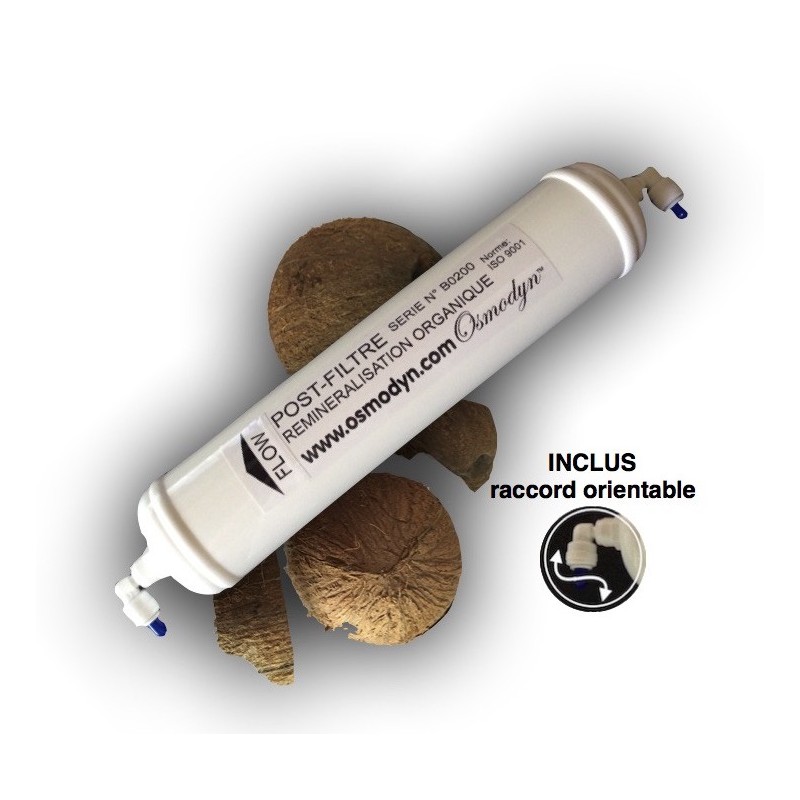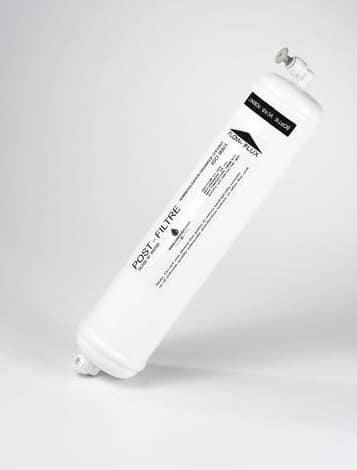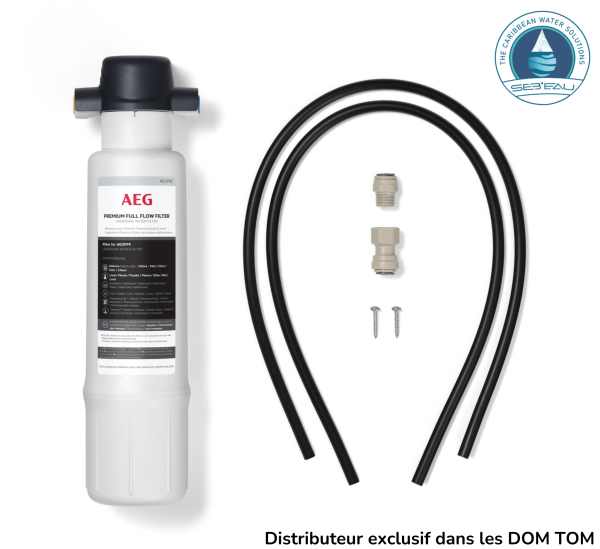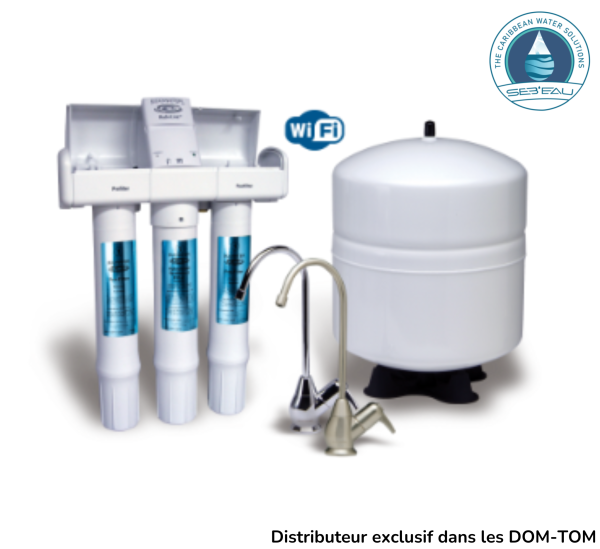Description
This cartridge is essential for properly remineralizing any reverse osmosis filtration system.
This mineralizing post-filter is included in the entire Osmodyn range and is compatible with most reverse osmosis systems on the market. It reintroduces organically “chelated” minerals into the osmotically purified water—minerals that are 100% bioavailable and essential to the body’s biochemical functions. These include calcium, potassium, magnesium, copper, iron, manganese, phosphorus, sodium, zinc, selenium, and iodine.
Why does our final mineralizing filter contain only PLANT-BASED ingredients?
Unlike other manufacturers, our remineralizing filter contains no calcified algae or crushed coral—which, let’s remember, is an animal, not a plant!
When the plant kingdom first appeared, it was endowed with the ability to absorb inorganic minerals through its roots and transform them into organic chemical compounds. In this form, minerals are properly assimilated by plant cells. However, humans do not possess this ability. To absorb usable minerals, we must consume plants that have already converted them into bioavailable (chelated) forms.
There is, however, one exception: minerals in their nascent state. In this form, the mineral is almost “dematerialized” and transmitted through water to the body in an informational, fully assimilable form. These inorganic trace elements, though not organic, act directly at the cellular level with maximum effectiveness and safety, as recognized by the scientific community.
Why remineralize reverse osmosis filtered water using plant-based sources?
The right mineral balance:
Water that is overloaded with toxins and non-assimilable minerals—and not purified by reverse osmosis—when consumed daily, can lead to thick, overloaded blood, which stresses and fatigues the body. To remove these non-assimilable minerals, proper filtration is necessary.
However, on the flip side, drinking water that is too “pure,” stripped of all its components including mineral salts—like distilled water—if consumed daily, can result in excessively fluid blood. Prolonged consumption of demineralized water increases diuresis (urine output), reduces red blood cell volume, and causes other hematocrit-related changes. It would significantly disrupt the body’s electrolyte and mineral balance, forcing it to draw from its own mineral reserves, thereby overworking vital organs.
More serious consequences of such a condition—when combined with cerebral edema, seizures, and metabolic acidosis—have been reported in children whose beverages were prepared with distilled or very low-mineral bottled water (CDC, 1994). Numerous scientific studies have confirmed this physical mechanism.




